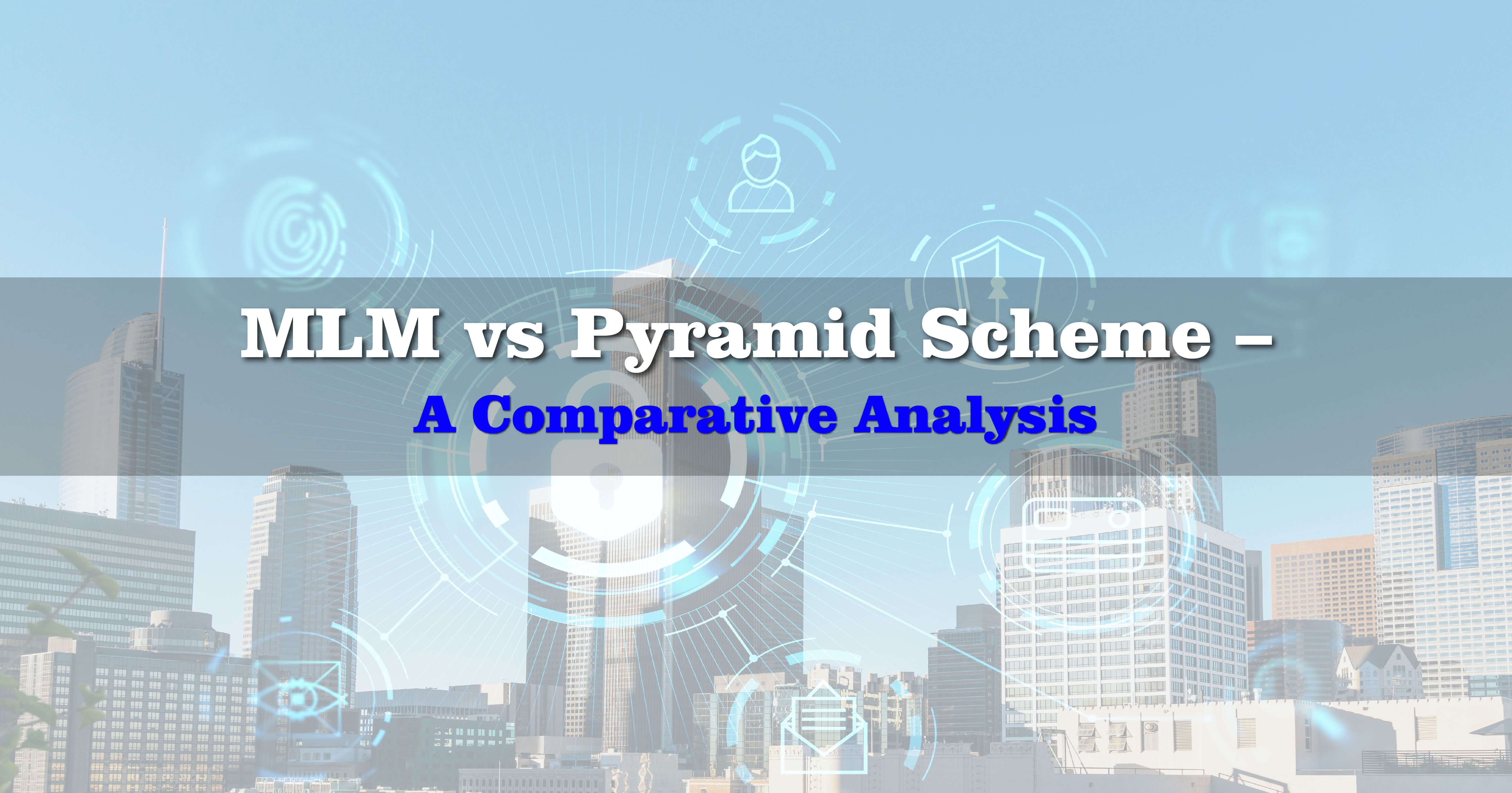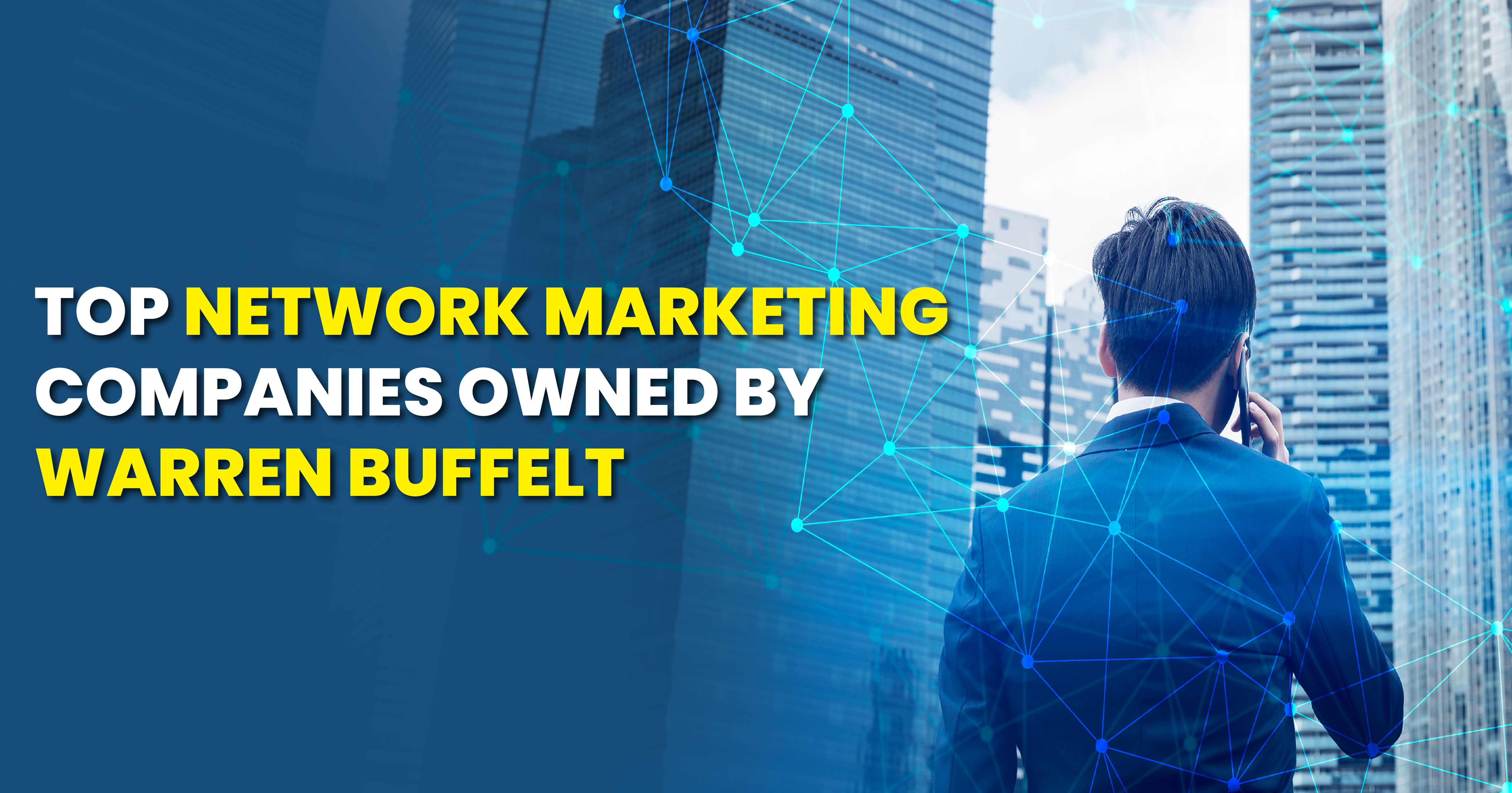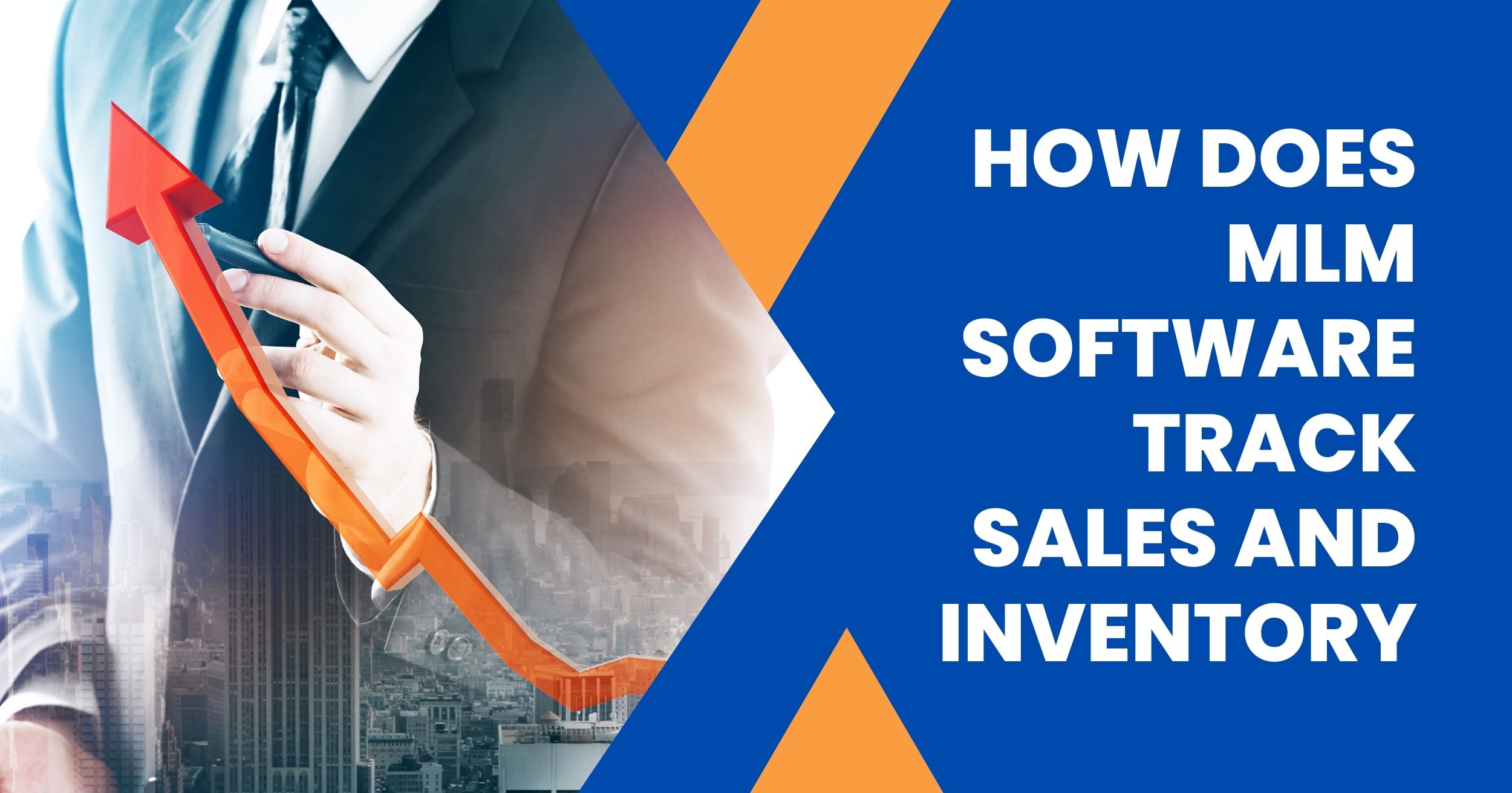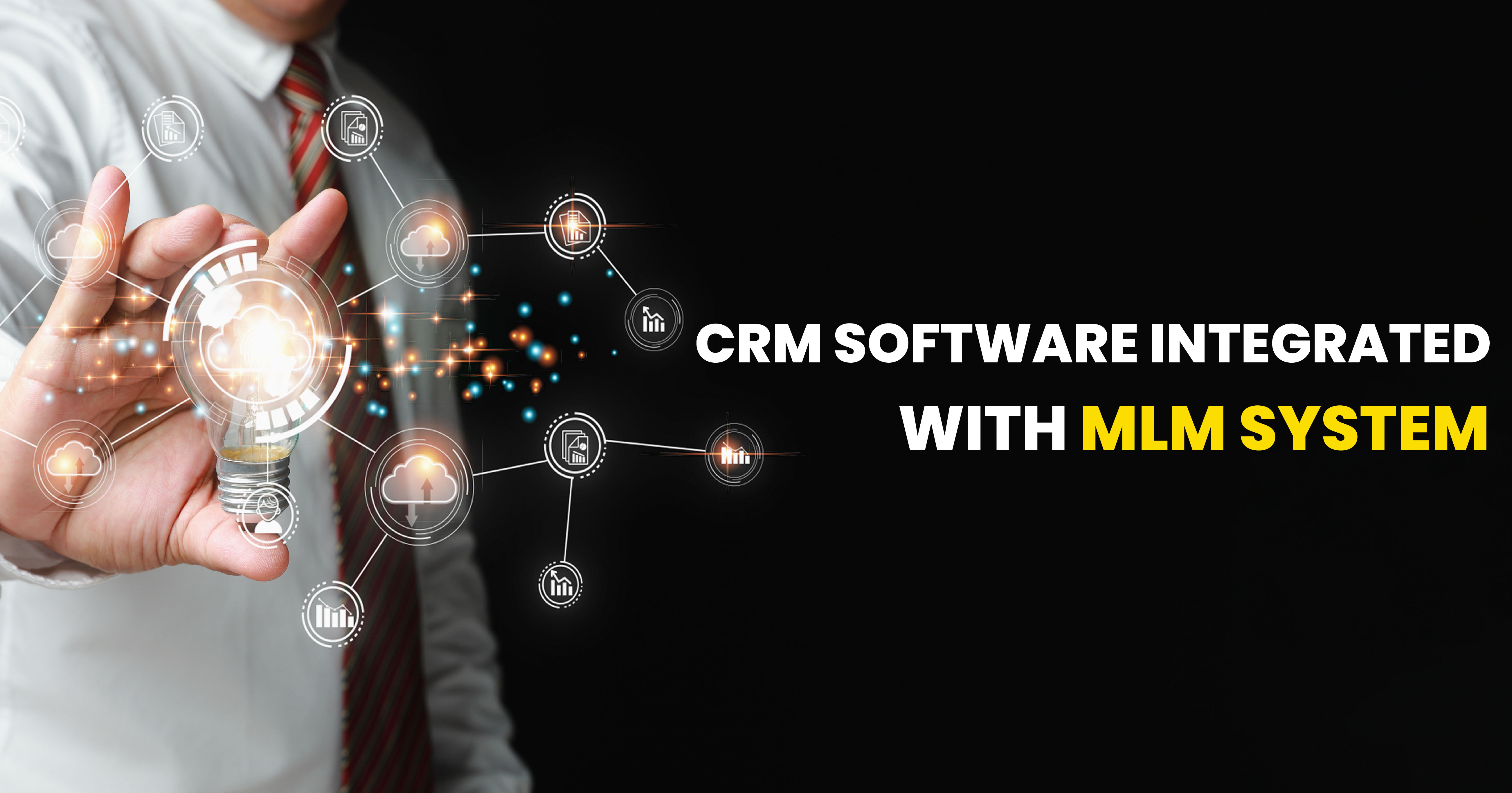Is blockchain the secret ingredient for secure MLM transactions?
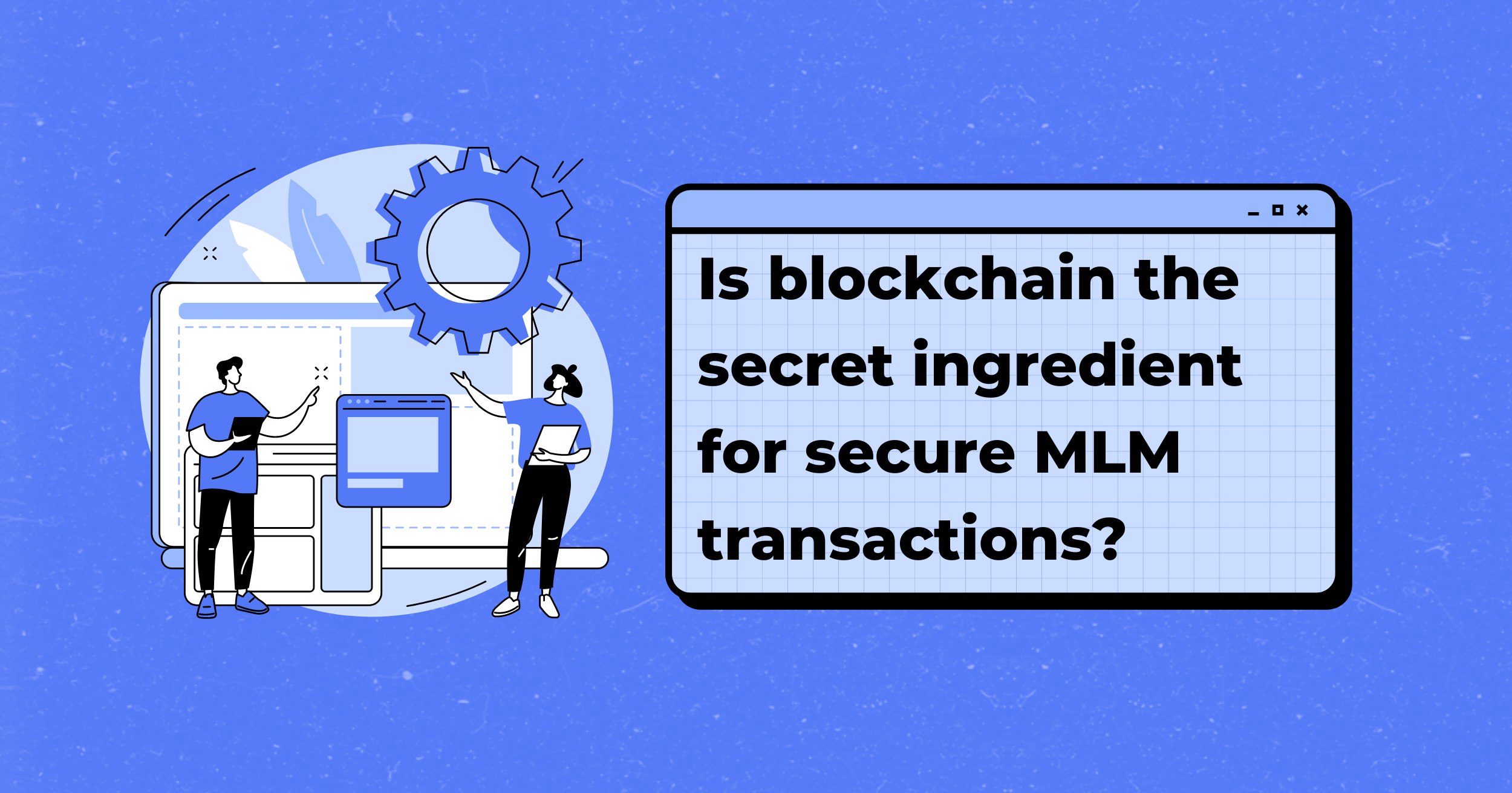
Posted On: 17th Apr 2024 10:12
Understanding blockchain technology -
Blockchain technology is a decentralized and transparent ledger system that has gained significant attention in recent years. While it is most commonly associated with cryptocurrencies like Bitcoin, its potential goes far beyond digital currencies. At its core, blockchain is a distributed database that records transactions across multiple computers or nodes. These transactions are stored in blocks that are linked together in a chain, hence the name blockchain. What sets blockchain apart is its ability to provide a secure and tamper-proof environment for transactions.
Blockchain achieves its security through a combination of cryptographic algorithms and consensus mechanisms. Each transaction is encrypted and verified by multiple participants, making it virtually impossible for anyone to alter the data without detection. This transparency and immutability make blockchain an ideal solution for industries where trust and security are paramount, such as multi-level marketing (MLM).
The challenges of MLM transactions -
MLM companies operate on a complex web of transactions between distributors, customers, and the company itself. These transactions involve the purchase of products, the recruitment of new distributors, and the payment of commissions and bonuses. Ensuring the security and integrity of these transactions is crucial for MLM companies to maintain trust and credibility within their network.
However, traditional MLM systems face several challenges when it comes to transaction security. One of the main challenges is the reliance on centralized databases and intermediaries. These databases are vulnerable to hacking or manipulation, making them a prime target for fraudsters. Moreover, the involvement of intermediaries, such as banks or payment processors, introduces additional risks and costs to the system.
How blockchain can enhance security in MLM transactions -
Blockchain technology offers several key advantages that can address the security challenges faced by MLM transactions. By leveraging blockchain, MLM companies can establish a decentralized and transparent system that enhances trust and credibility among distributors and customers.
Firstly, the decentralized nature of blockchain eliminates the need for intermediaries. Transactions can be directly recorded on the blockchain, reducing the risk of fraud and manipulation. Distributors can have full control over their earnings and commissions, without the need to rely on a third party for payment processing.
Secondly, blockchain provides transparency and auditability. Every transaction recorded on the blockchain is visible to all participants, ensuring that all stakeholders have access to accurate and up-to-date information. This transparency not only prevents fraud but also allows for easy verification and auditing, promoting accountability within the MLM ecosystem.
Examples of successful MLM companies using blockchain technology -
Several MLM companies have already recognized the potential of blockchain technology and have integrated it into their systems. One such example is BitClub Network, a cryptocurrency mining operation that utilizes a blockchain-based MLM model. By leveraging blockchain, BitClub Network ensures the transparency and security of its mining operations, providing its members with a trustworthy platform to participate in the cryptocurrency market.
Another example is Ormeus Global, an MLM company that focuses on the distribution of health and wellness products. Ormeus Global utilizes blockchain technology to track the origin and authenticity of its products. This ensures that customers receive genuine products and distributors are compensated fairly for their sales efforts.
These examples demonstrate how blockchain can be effectively utilized in MLM systems, offering enhanced security and trust for all stakeholders involved.
Implementing blockchain in MLM transactions -
Implementing blockchain technology in MLM transactions requires careful planning and consideration. Here are some key steps to successfully integrate blockchain into an MLM system:
Identify the pain points: Understand the specific challenges and pain points faced by your MLM system. Assess how blockchain can address these challenges and improve the overall security of transactions.
Choose the right blockchain platform: Select a blockchain platform that aligns with your business requirements. Consider factors such as scalability, security, and ease of integration. Popular blockchain platforms for MLM applications include Ethereum, Hyperledger, and Stellar.
Design the smart contract: Develop a smart contract that governs the rules and logic of your MLM system. This smart contract will automate the execution of transactions and ensure that all participants adhere to the defined rules.
Integrate with existing systems: Integrate the blockchain solution with your existing MLM systems, such as payment gateways and inventory management. This integration should be seamless to ensure a smooth transition for distributors and customers.
Educate and train stakeholders: Provide comprehensive training and education to your distributors, customers, and employees about the benefits and functionalities of blockchain technology. This will help them understand and embrace the new system.
Monitor and evaluate: Continuously monitor the performance of your blockchain-based MLM system and gather feedback from stakeholders. This will help identify any potential issues or areas for improvement.
Benefits of using blockchain in MLM transactions -
The integration of blockchain technology in MLM transactions offers numerous benefits for MLM companies, distributors, and customers:
Enhanced security: Blockchain's decentralized and tamper-proof nature ensures the integrity and security of transactions, reducing the risk of fraud and manipulation.
Increased transparency: The transparent nature of blockchain allows for easy verification and auditing of transactions, promoting trust and accountability within the MLM ecosystem.
Lower costs: By eliminating intermediaries, such as banks or payment processors, MLM companies can reduce transaction costs and increase profit margins.
Improved efficiency: Blockchain automates and streamlines various processes, such as payment settlements and commission calculations, resulting in improved operational efficiency.
Global accessibility: Blockchain technology enables MLM companies to operate on a global scale, reaching distributors and customers from all corners of the world. This expands business opportunities and revenue potential.
Trust and credibility: The use of blockchain technology enhances the trust and credibility of MLM companies. Distributors and customers can have confidence in the security and authenticity of transactions, fostering long-term relationships.
Potential risks and limitations of blockchain in MLM -
While blockchain technology offers numerous benefits, it is not without its risks and limitations. MLM companies considering blockchain integration should be aware of the following:
Technical challenges: Implementing and maintaining a blockchain-based system requires technical expertise and resources. MLM companies may need to invest in specialized personnel or seek external assistance.
Regulatory concerns: The regulatory landscape surrounding blockchain and cryptocurrencies is still evolving. MLM companies need to ensure compliance with relevant regulations and stay updated on any changes that may impact their operations.
Adoption barriers: Distributors and customers may face a learning curve when transitioning to a blockchain-based MLM system. MLM companies need to provide adequate training and support to facilitate the adoption process.
Scalability limitations: Blockchain technology, especially public blockchains, may face scalability limitations when handling a large number of transactions. MLM companies should carefully consider the scalability requirements of their system.
Perception and reputation: The association of blockchain with cryptocurrencies may raise concerns among some stakeholders. MLM companies need to educate and address any misconceptions to maintain a positive reputation.
Future trends and developments in blockchain for MLM -
The integration of blockchain technology in MLM transactions is still in its early stages. However, several trends and developments are shaping the future of blockchain for MLM:
Interoperability: Efforts are underway to establish interoperability between different blockchain platforms. This will allow MLM companies to leverage the strengths of multiple blockchains and enhance the overall functionality of their systems.
Tokenization of assets: Blockchain enables the tokenization of assets, such as loyalty points or product ownership. MLM companies can leverage this feature to create unique value propositions and incentivize distributors and customers.
Smart contract advancements: Smart contracts are continuously evolving, with new features and functionalities being developed. MLM companies can leverage these advancements to automate more complex processes and create innovative compensation structures.
Regulatory clarity: As the regulatory landscape becomes clearer, MLM companies can navigate the legal requirements more effectively. This will promote wider adoption of blockchain technology in the MLM industry.
Integration with emerging technologies: Blockchain can be integrated with other emerging technologies, such as artificial intelligence and the Internet of Things, to enhance the functionality and value of MLM systems.
Case studies of MLM companies adopting blockchain technology -
Several MLM companies have already embraced blockchain technology and are reaping the benefits. One such case study is Amway, a global leader in the MLM industry. Amway has partnered with blockchain platform VeChain to enhance the traceability and authenticity of its products. By leveraging blockchain, Amway ensures that its distributors and customers receive genuine products and can verify their origin.
Another case study is QuiAri, an MLM company specializing in health and wellness products. QuiAri has integrated blockchain technology into its MLM system to provide distributors with real-time visibility into their earnings and performance. This transparency has increased trust and motivation among distributors, resulting in accelerated growth for the company.
These case studies demonstrate the tangible impact of blockchain technology on MLM companies, showcasing the potential for secure and efficient transactions.
Conclusion:
The future of secure MLM transactions with blockchain -
In conclusion, blockchain technology has the potential to revolutionize the MLM industry by providing secure and transparent transactions. By leveraging blockchain, MLM companies can enhance trust, credibility, and security within their networks. The decentralized and tamper-proof nature of blockchain eliminates the need for intermediaries, reduces the risk of fraud, and promotes transparency and accountability.
While there are challenges and limitations to consider, the benefits of blockchain integration in MLM transactions far outweigh the risks. As the technology continues to evolve and mature, we can expect to see more MLM companies adopting blockchain to ensure the security and integrity of their transactions.
The future of secure MLM transactions lies in blockchain technology. Embracing this secret ingredient can unlock new opportunities and propel MLM companies toward success in the digital age. With the right strategy and implementation, blockchain has the potential to transform MLM transactions and shape the industry for years to come.

